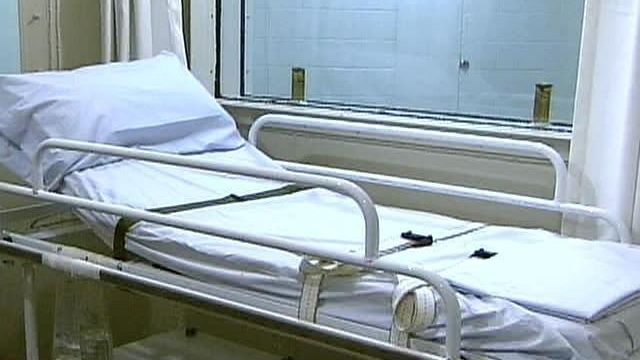Local News
Proposed bill would disqualify those with mental illness from death penalty
State lawmakers could be asked to take up proposed legislation in the next legislative session that would disqualify defendants with the most severe cases of mental illness from the death penalty if they are convicted of capital crimes.
Posted — UpdatedRALEIGH, N.C. — State lawmakers could be asked to take up proposed legislation in the next legislative session that would disqualify defendants with the most severe cases of mental illness from the death penalty if they are convicted of capital crimes.
Instead, they would automatically be sentenced to life in prison without the possibility of parole.
The bill – discussed Tuesday at the Joint Select Committee on Capital Trial, Sentencing, and Post-Conviction Procedures for Persons Who Suffer Sever Mental Disabilities – targets people who are severely impaired at the time a crime was committed and do not understand their actions.
Forensic psychiatrist Dr. George Corvin says it would include people with psychotic illnesses, such as schizophrenia.
"This is not for someone who is upset or anxious or depressed," he said. "Those people wouldn't be included in this definition."
The committee is expected to vote on the proposed bill Thursday. If approved by Jan. 27, it could be introduced when lawmakers convene in Raleigh later this month.
State law already prohibits executing mentally retarded people, those with an IQ below 70 and who had issues of adaptive functioning prior to age 18, if they are convicted of first-degree murder.
When the bill became law in 2001, more than 25 percent of the inmates on death row at the time claimed to fall into that category. Eventually, 13 inmates were removed from death row because of the statute.
Executions, however, are currently on hold in North Carolina due to a number of legal challenges. The state Supreme Court heard arguments in November over a doctor's role in the execution process.
There's also a separate legal battle over the Council of State's involvement in changing the execution protocol.
• Credits
Copyright 2024 by Capitol Broadcasting Company. All rights reserved. This material may not be published, broadcast, rewritten or redistributed.




